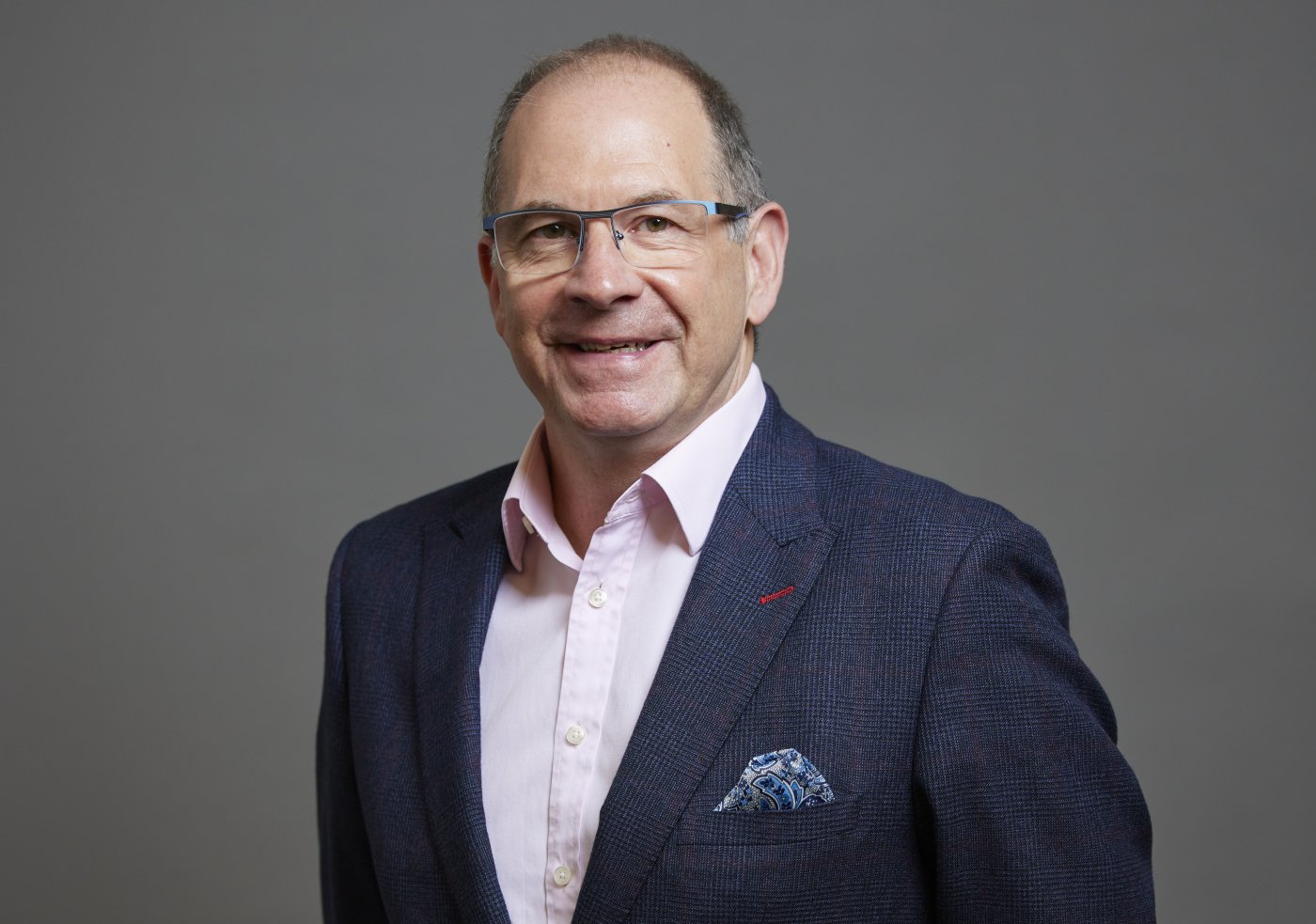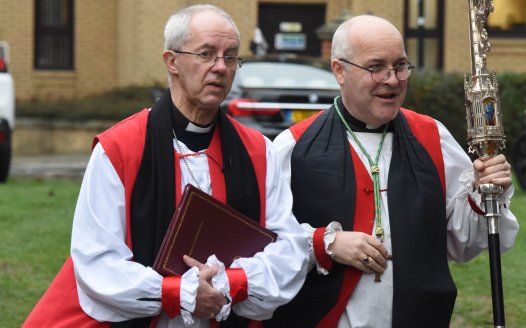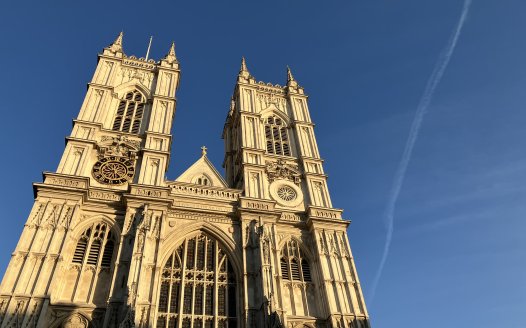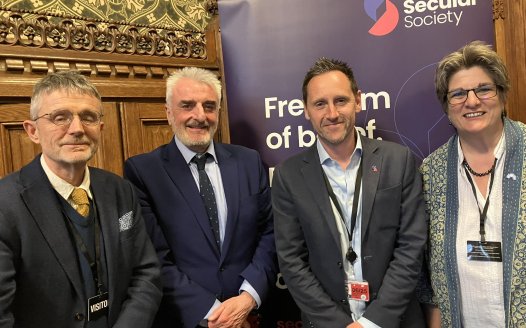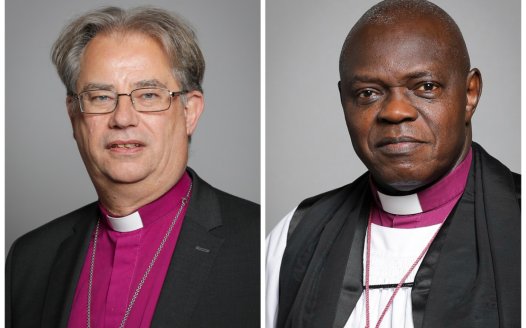The time to disestablish the Church of England has come
Posted: Wed, 6th Dec 2023 by Lord Scriven
Lib Dem peer Paul Scriven explains why he has introduced a bill in parliament to separate Church and state.
With less than half the adult population (46%) calling themselves Christian in the 2021 census, and less than 1% of the adult population attending Church of England services on a regular basis, the question of whether the Church should retain its privileged status as the established church is a timely issue.
The roots of the Church of England's establishment trace back to the Reformation in the 16th century, when the English monarchy sought to assert control over religious matters. Over the centuries, the Church's relevance to most people's everyday lives has waned, as society has become increasingly diverse and secular. In today's multicultural and pluralistic society, maintaining the Church of England's established status raises questions about the fairness of privileging one religious institution over others and those with no religious belief.
What are these privileges? Many are shocked to discover the Church is the only institution in the land to have automatic seats in parliament, with 26 seats reserved for the Church of England in the House of Lords.
What's more, the monarch must swear to uphold the rights and privileges of the CofE. The Church also has special ecclesiastical courts and judges – the only such courts to operate in the legal framework of England. The most senior ecclesiastical judge in England is responsible for the regulation of notaries public in England and Wales.
This cannot be allowed to go on. In a modern, multicultural society, it is inappropriate for the state to endorse one religious institution. Disestablishment would signal a commitment to treating all religious groups equally and fostering a society where individuals are free to practice their faith or belief without government interference or endorsement.
Moreover, disestablishment aligns with the principle of individual choice. A secular state allows us to engage with religion and our beliefs on a personal level, free from state-sponsored religious influence. This separation helps ensure that individuals are free to explore their beliefs and choose their affiliations without the state's implicit endorsement of a particular faith or belief system.
Disestablishment would also contribute to social cohesion by fostering an inclusive environment that respects the diversity of faith and beliefs within the UK. As the country becomes more diverse, it is crucial for the state to remain neutral, promoting a sense of unity among citizens regardless of their religious background.
By disestablishing the Church of England, the government would send a powerful message of inclusivity, acknowledging and respecting the myriad faiths and worldviews that coexist within the nation. This move could help build bridges between communities and encourage dialogue, understanding, and tolerance among people of different faiths and beliefs.
A secular state is better equipped to address the challenges of the 21st century. As societies evolve and become more diverse, secular governance provides a neutral framework that can accommodate the needs and values of all citizens.
A secular state ensures that public policy is based on reason, evidence, and the needs of the entire population, rather than being influenced by religious doctrines that only a minority subscribes to. This separation of church and state fosters an environment where decisions are made for the common good, taking into account the wide range of perspectives and beliefs of the people who make up the UK.
That is why I am introducing a Private Member's bill today as a small but useful step towards these aims, by disestablishing the Church of England.
The time to separate church and state has come. In a modern, pluralistic, and secular society, the arguments in favour of disestablishment are compelling. It promotes equality, social cohesion, inclusivity, and a governance structure that is better suited to address the needs of a diverse population. As the United Kingdom continues to evolve, it is time to end the privileges, power and patronage of the established status of the Church of England to build a better, more secular, society for the 21st century.
Separate Church and State
We want to separate church and state so no religion has undue influence over our politics and society. Join our campaign to disestablish the Church of England.

